Publications
Articles, publications, books, tools and multimedia features from the U.S. Institute of Peace provide the latest news, analysis, research findings, practitioner guides and reports, all related to the conflict zones and issues that are at the center of the Institute’s work to prevent and reduce violent conflict.

Don Jensen on Protests in Belarus and Russia’s Response
After an “obviously crooked election” in Belarus sparked massive protests, USIP’s Don Jensen says Russia is quietly using the situation to assert influence. If Moscow’s military presence in Belarus increases, “I think you’re going to see a much more forward projection of Russian power against NATO,” he said.

Searching for COVID-19 Ceasefires: Conflict Zone Impacts, Needs, and Opportunities
On March 23, 2020, as COVID-19 was first appearing in many conflict-affected areas, UN Secretary-General António Guterres issued a call for warring parties to cease hostilities and instead wage battle against the pandemic. Drawing on an examination of conflicts in Afghanistan, Colombia, Cameroon, Israel and Palestine, Libya, the Philippines, Syria, Ukraine, and elsewhere—this report looks at how COVID-19 has affected conflict parties’ interests, positions, and capacities, and provides recommendation for how the international community leverage the pandemic to promote peace.
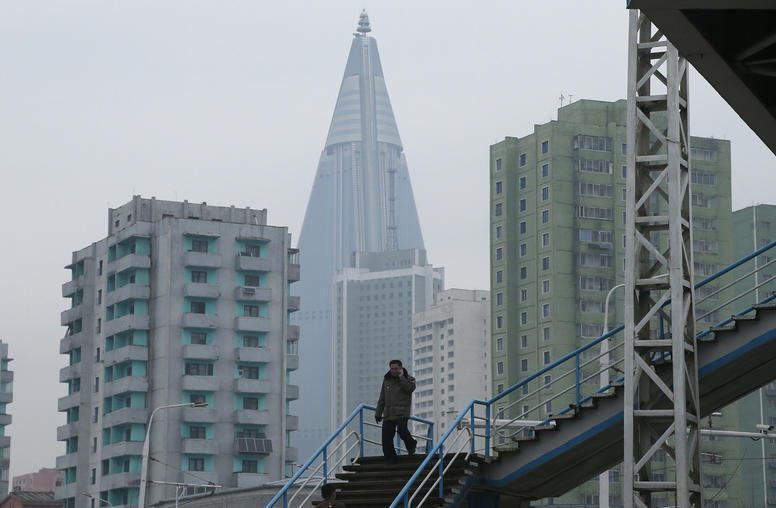
North Korean Phone Money: Airtime Transfers as a Precursor to Mobile Payment System
More than one in five North Koreans have cell phones, and increasingly rely on them to conduct financial transactions. Many of these transactions involve trading cell phone airtime, or “phone money,” for goods and services, and even for offering bribes. This report examines the potential for airtime trading to evolve into a formal mobile money system, which could enhance market activity and stability while providing opportunities for the country to engage with the international community.
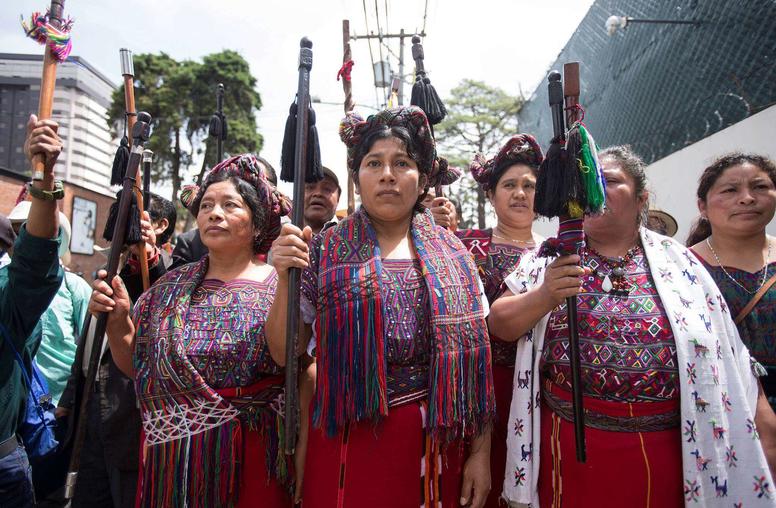
Curbing Corruption after Conflict: Anticorruption Mobilization in Guatemala
This report analyzes the fight against corruption in Guatemala by social movements over the past five years, homing in on their major successes and challenges in working to advance transparency, accountability, and good governance. The lessons drawn from these efforts can be applicable for other movements around the world operating in similar contexts. The work also has a larger bearing for international actors helping states build peace and democratic governance following prolonged violent conflict.

Kathleen Kuehnast on the Inaugural Women Building Peace Award
USIP’s Kathleen Kuehnast discusses the inspiring work of Women Building Peace Award recipient Rita Lopidia of South Sudan, as well as the other finalists, praising “the incredible resilience that each of these 10 women has brought to situations of inequality, of extreme violence, and despair.”
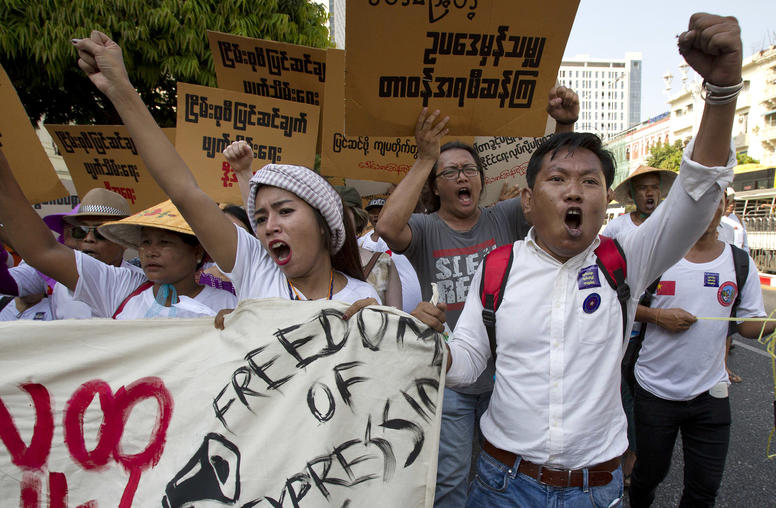
Nonviolent Action in Myanmar: Challenges and Lessons for Civil Society and Donors
The National League for Democracy’s decisive victory in Myanmar’s 2015 elections inspired hopes of a full transition from military rule and an opening of civil space. Neither has materialized, and the groups working to advance social, political, and economic change in Myanmar continue to face significant challenges. Focusing on three cases of organized nonviolent action in Kachin, Mandalay, and Yangon, this report explores the divide that has opened between civil society and the NLD government and the rifts emerging within civil society itself.

Scott Worden on Afghan Peace Talks
With talks finally underway between the Taliban and Afghan government, USIP’s Scott Worden says initial expectations should be tempered, as the chances for success are “low in the short term, but much higher than if the talks hadn’t begun,” adding, “you can’t end a war without starting a peace process.”
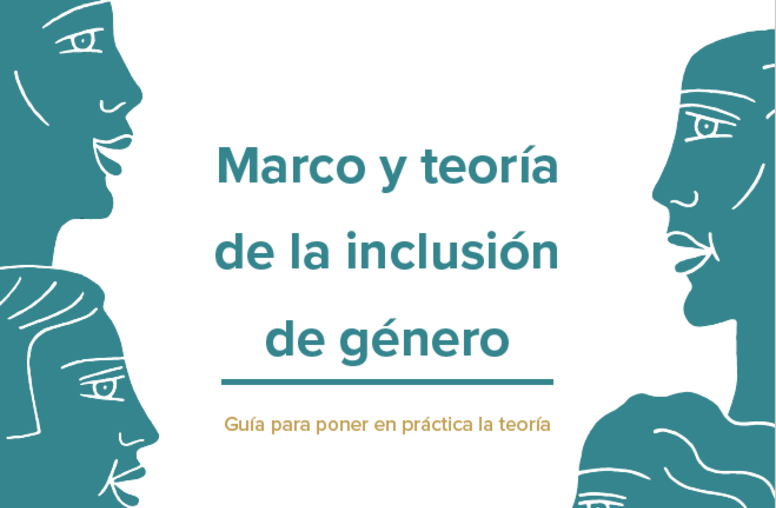
Gender Inclusive Framework and Theory (Spanish)
La guía Marco y teoría de la inclusión de género (GIFT) es una herramienta accesible y exhaustiva que facilita la integración del análisis de género en el diseño de proyectos.
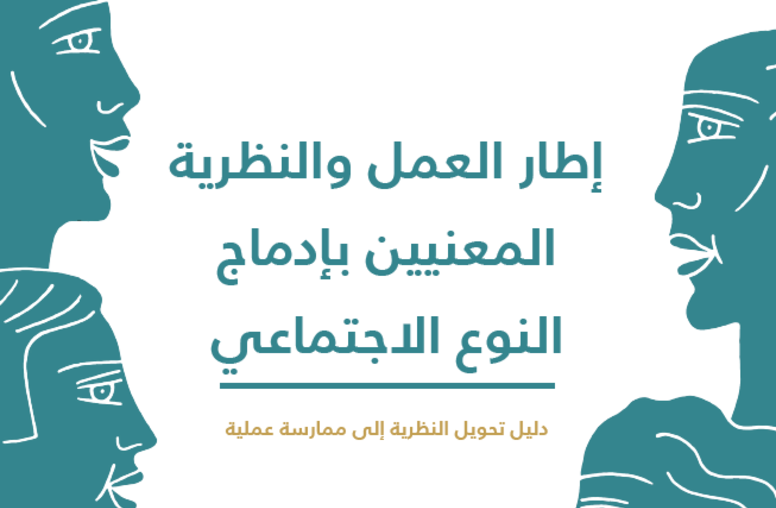
Gender Inclusive Framework and Theory (Arabic)
(Arabic) The Gender Inclusive Framework and Theory (GIFT) guide is an approachable and thorough tool that facilitates the integration of gender analysis into project design. Because peacebuilding work is context dependent, the GIFT puts forth three approaches to gender analysis – the Women, Peace and Security Approach; the Peaceful Masculinities Approach; and the Intersecting Identities Approach – that each illuminate the gender dynamics in a given environment to better shape peacebuilding projects.
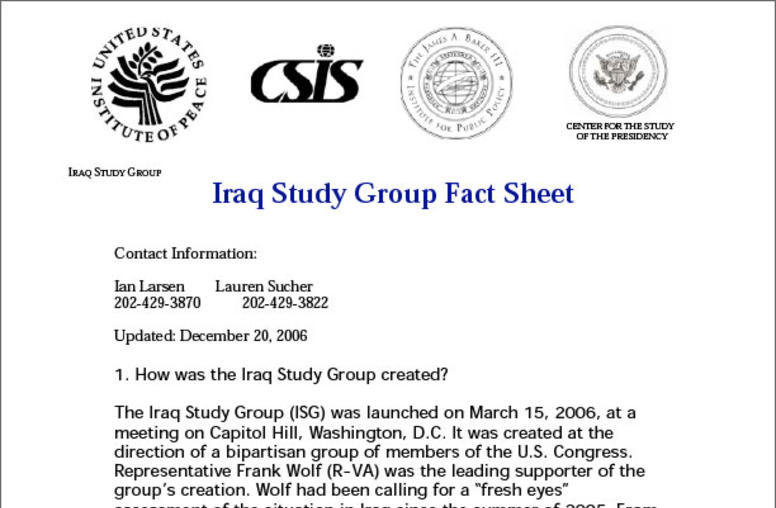
Iraq Study Group Fact Sheet
The Iraq Study Group (ISG) was launched on March 15, 2006, at a meeting on Capitol Hill, Washington, D.C. It was created at the direction of a bipartisan group of members of the U.S. Congress. Representative Frank Wolf (R-VA) was the leading supporter of the group’s creation. Wolf had been calling for a “fresh eyes” assessment of the situation in Iraq since the summer of 2005. From its inception, the ISG was designed to be bipartisan, and the initiative attracted broad, bipartisan support among members of the House and Senate.